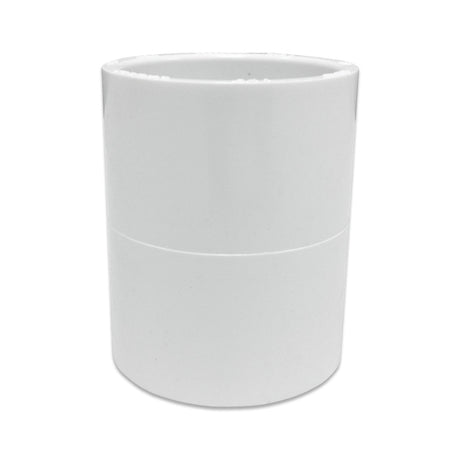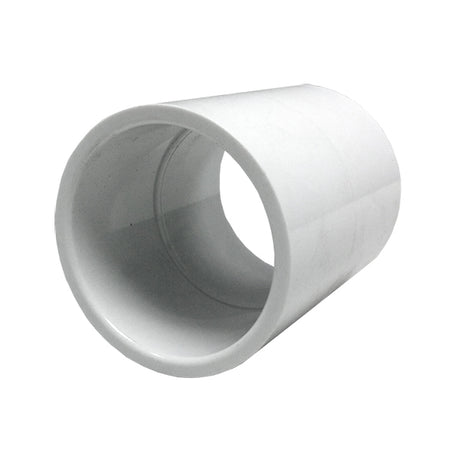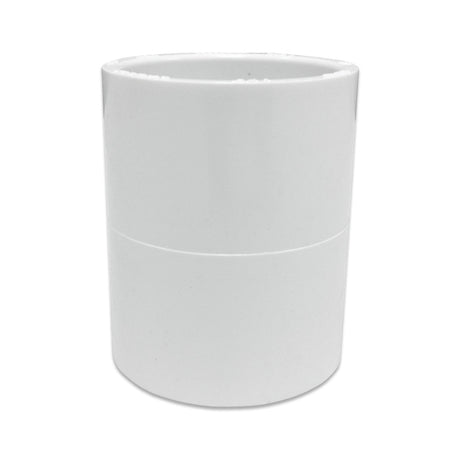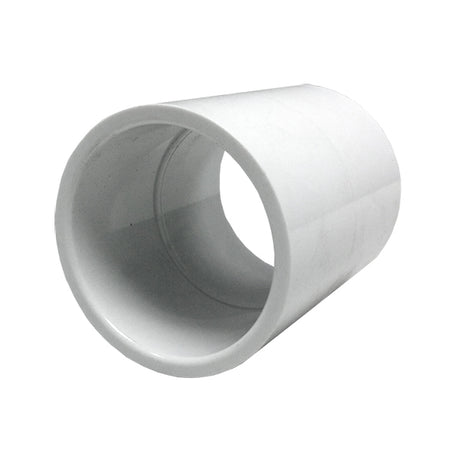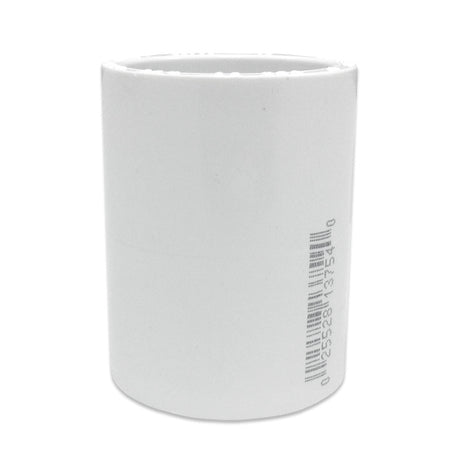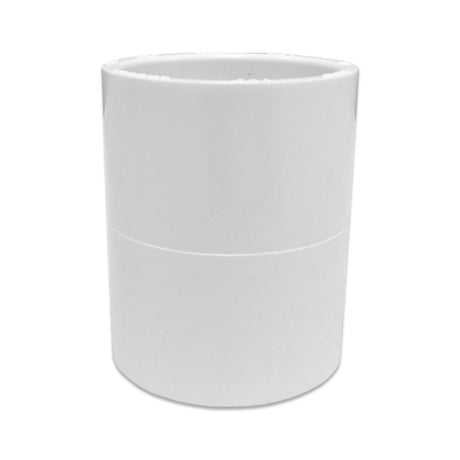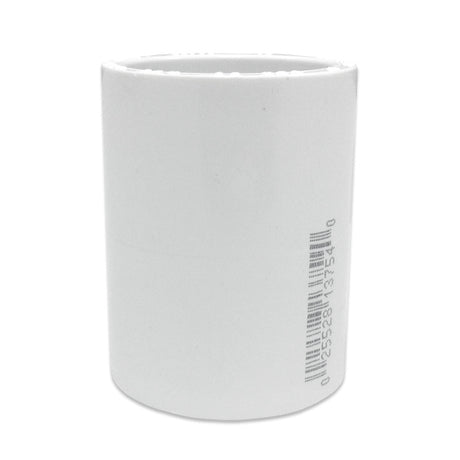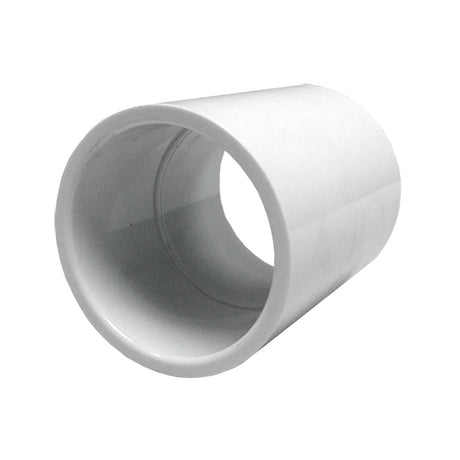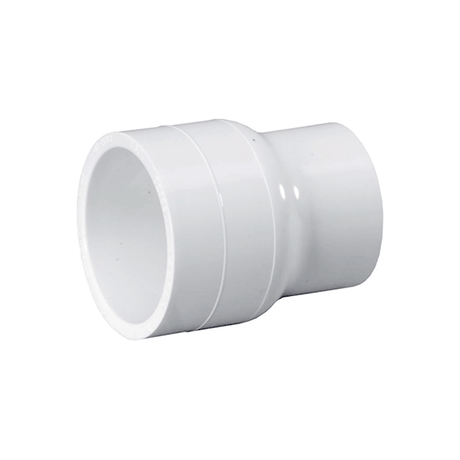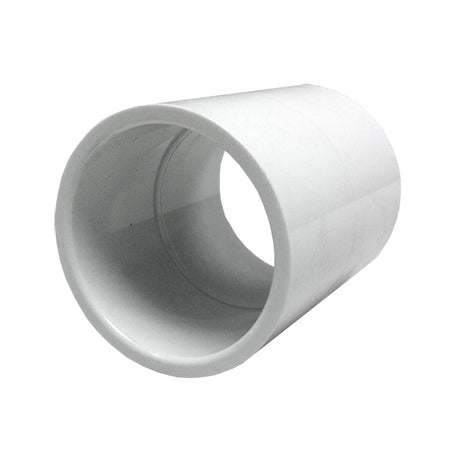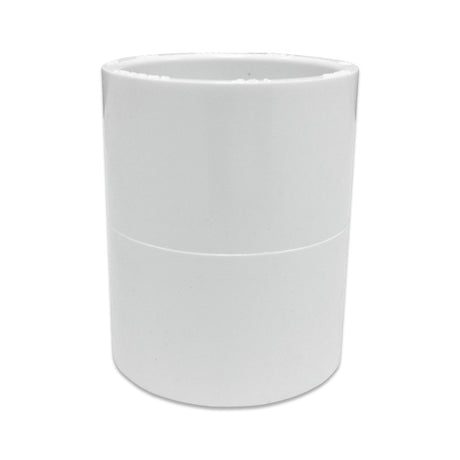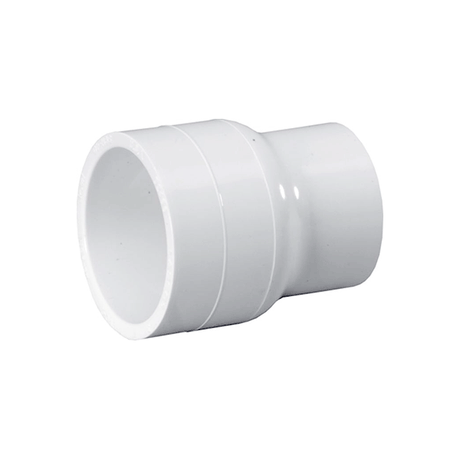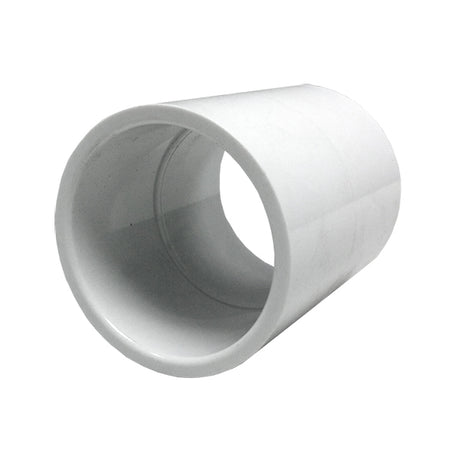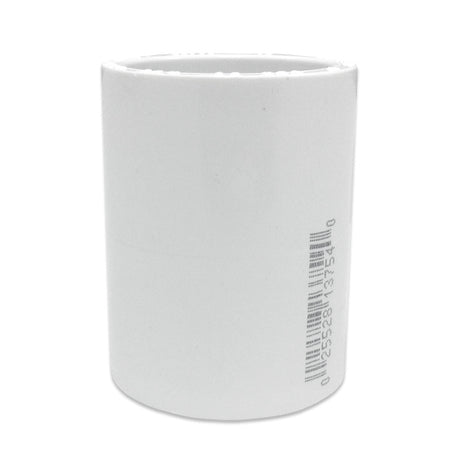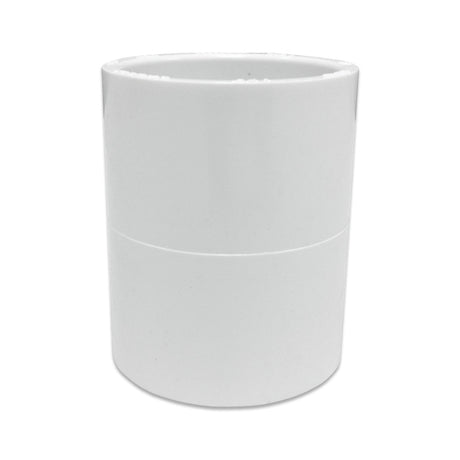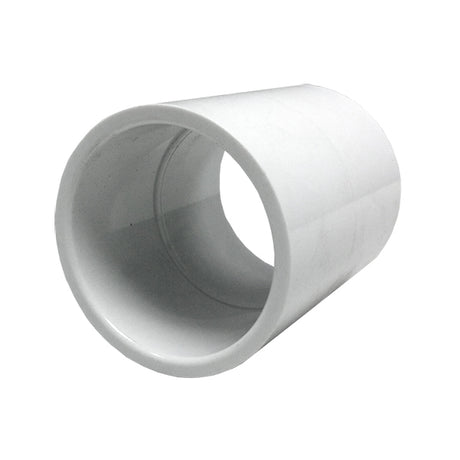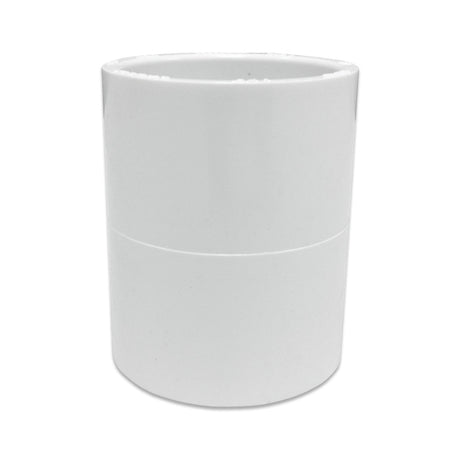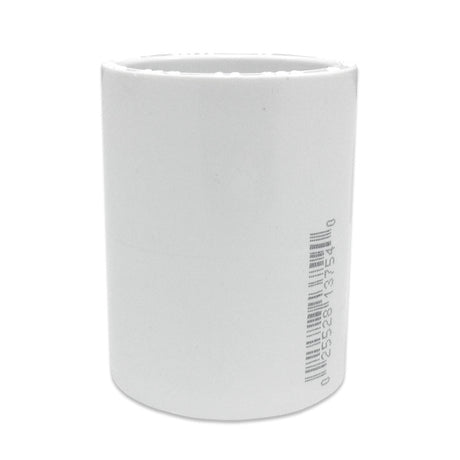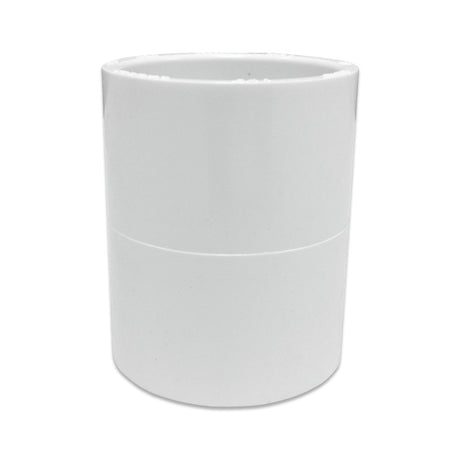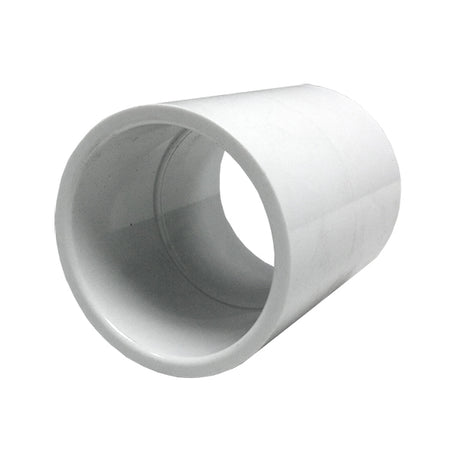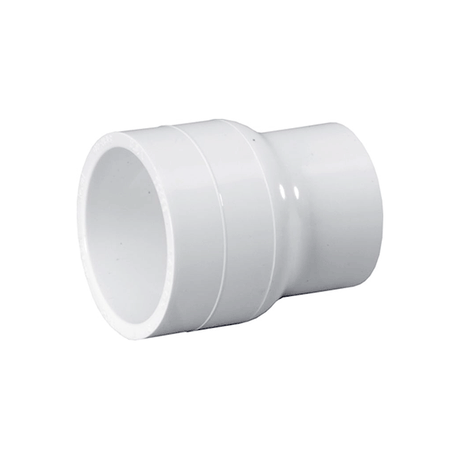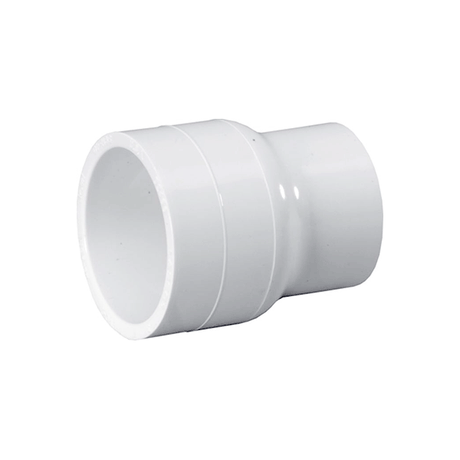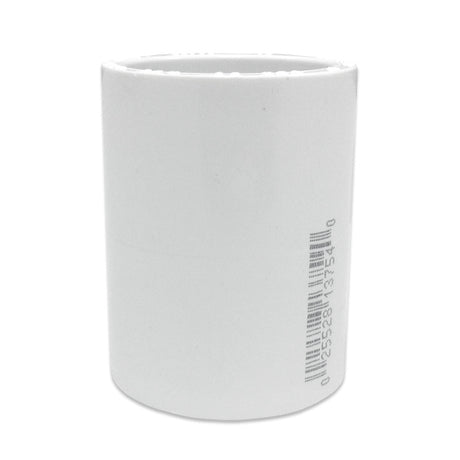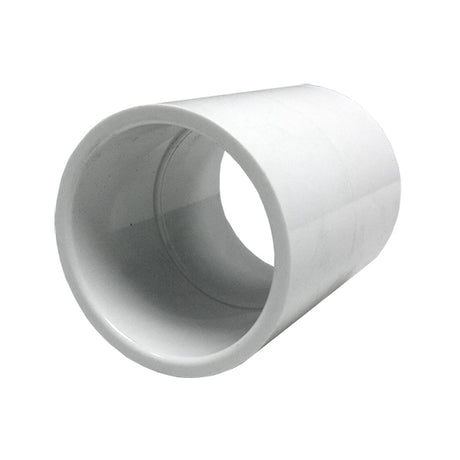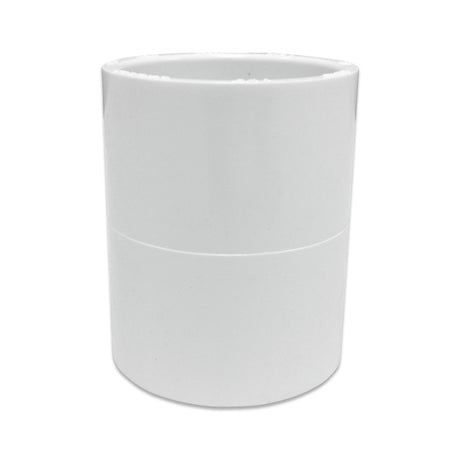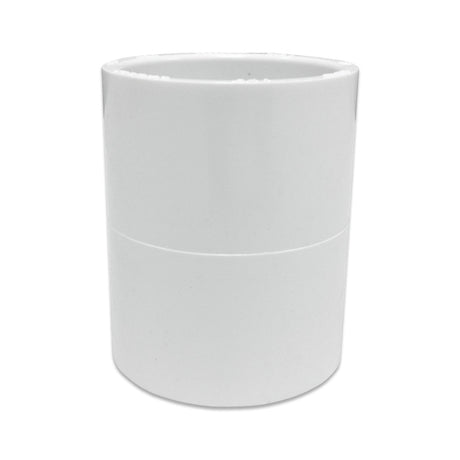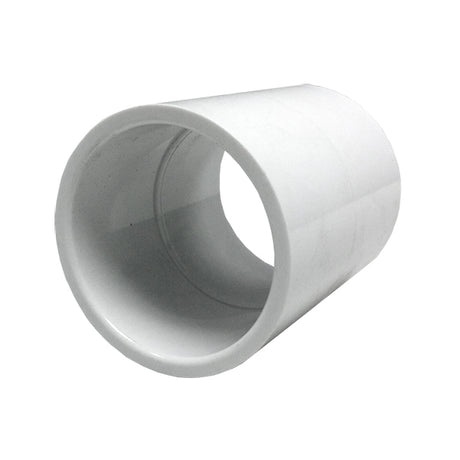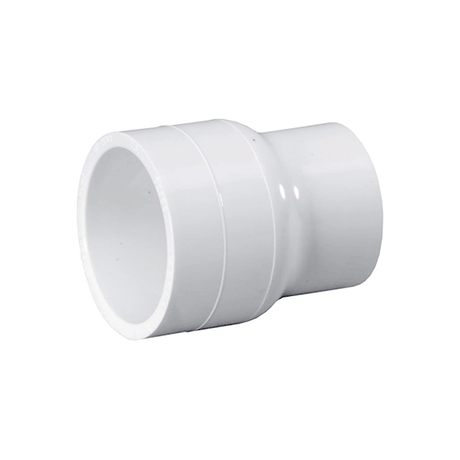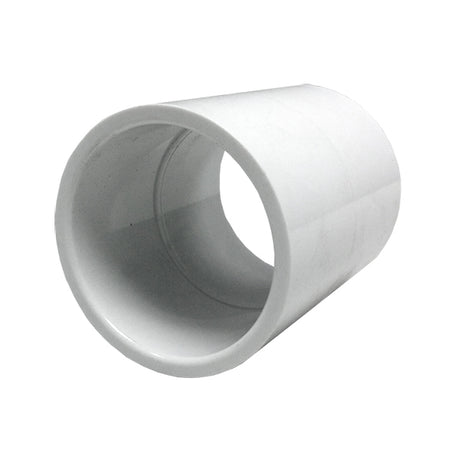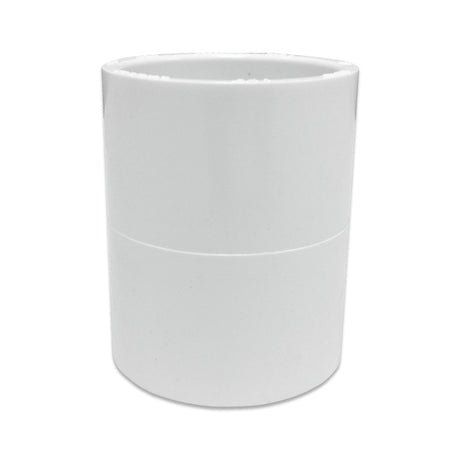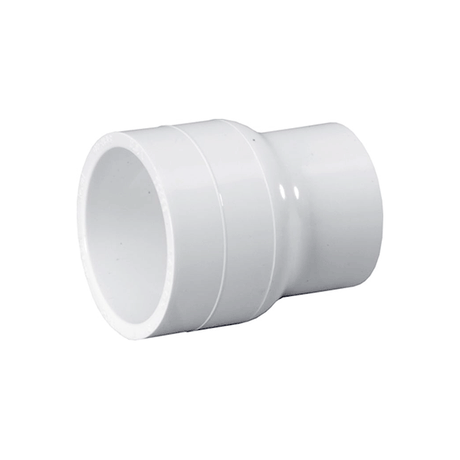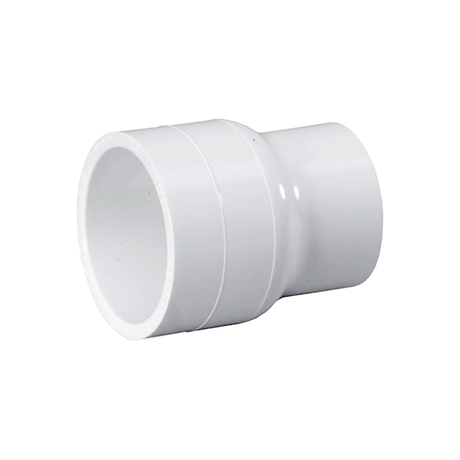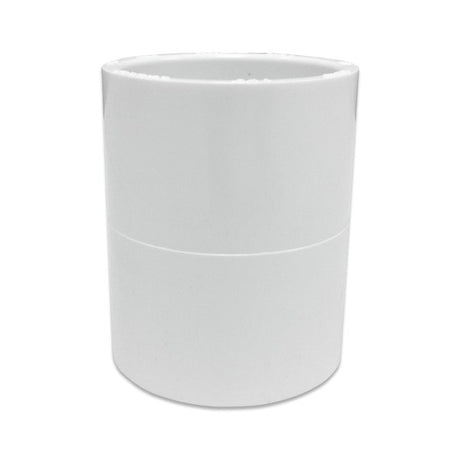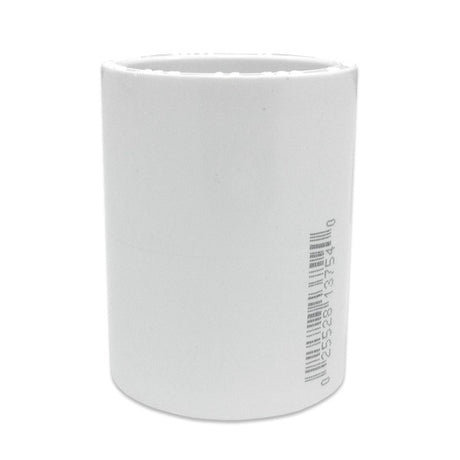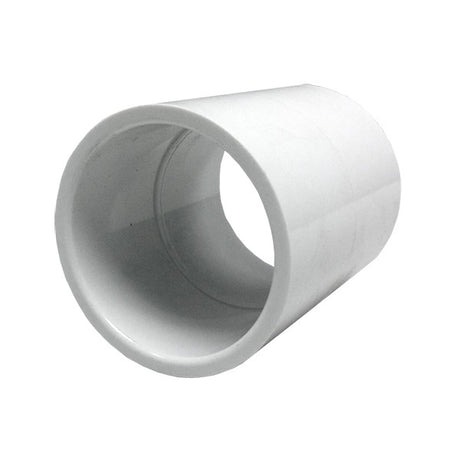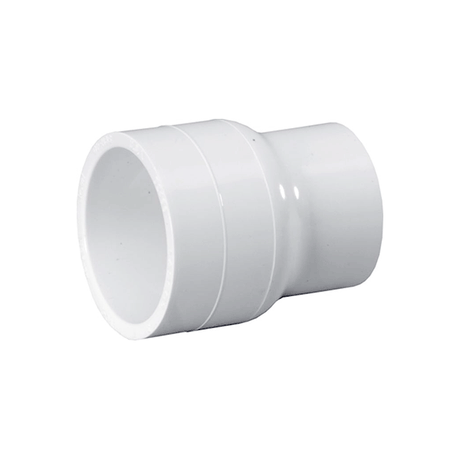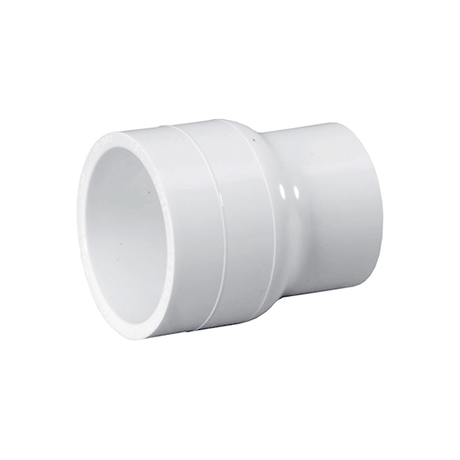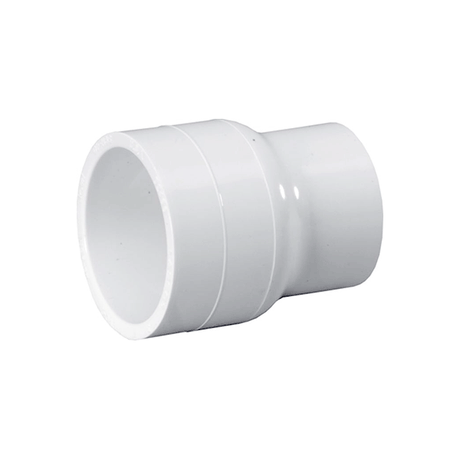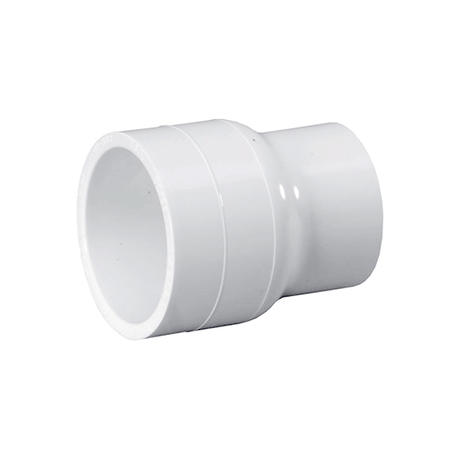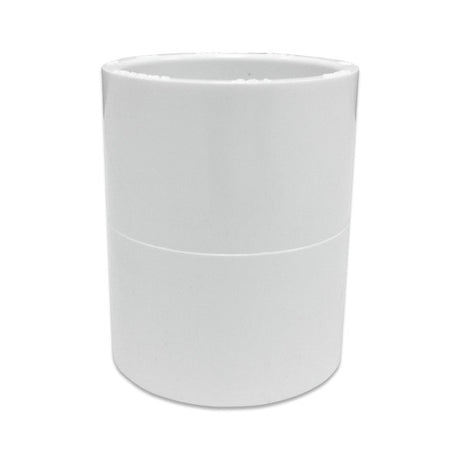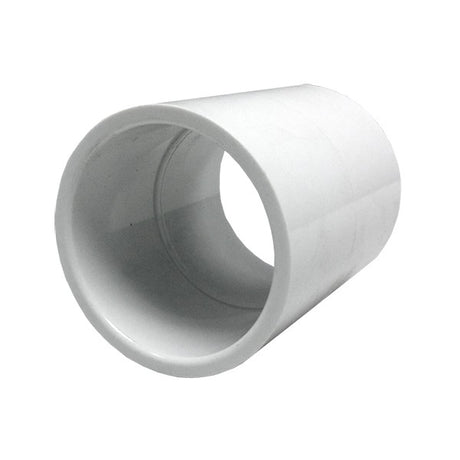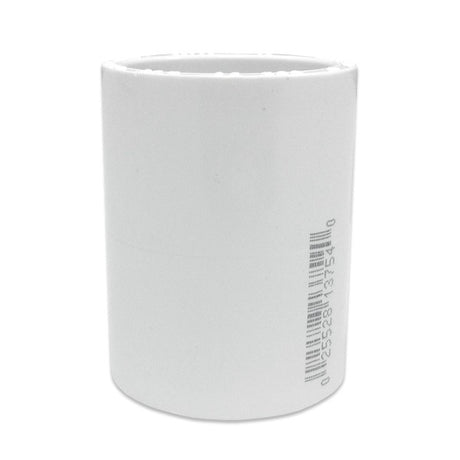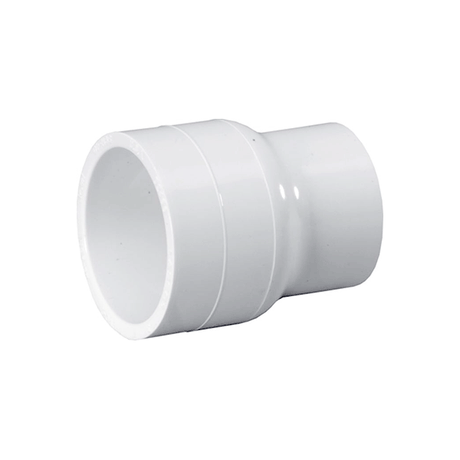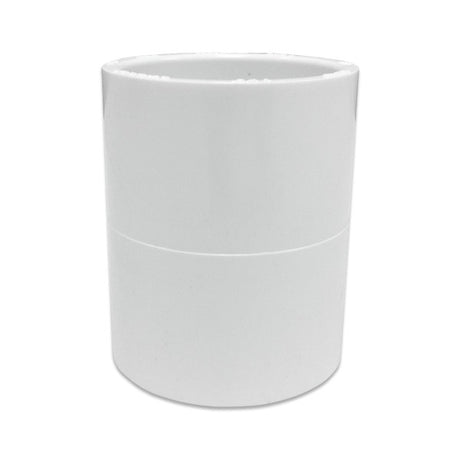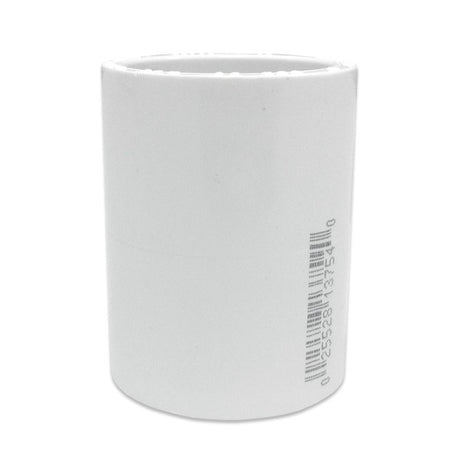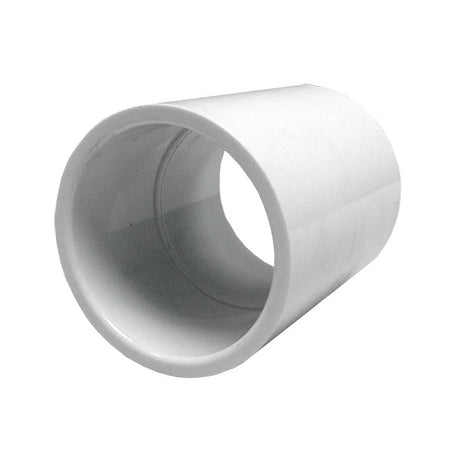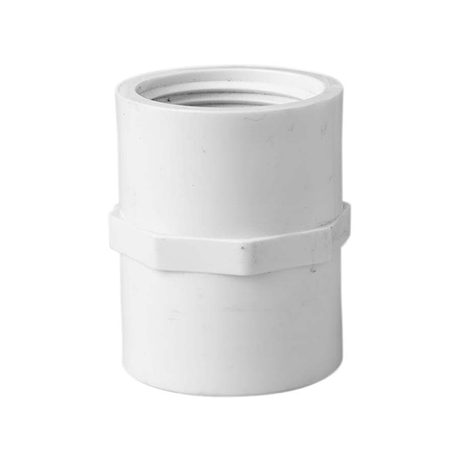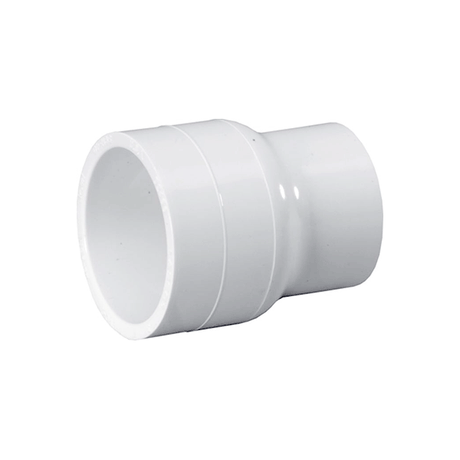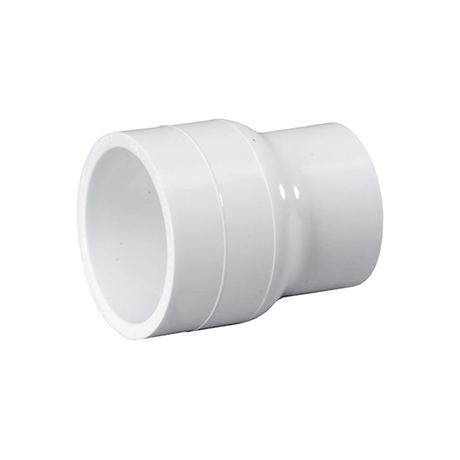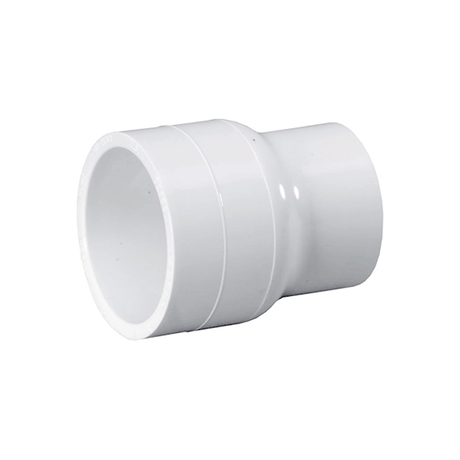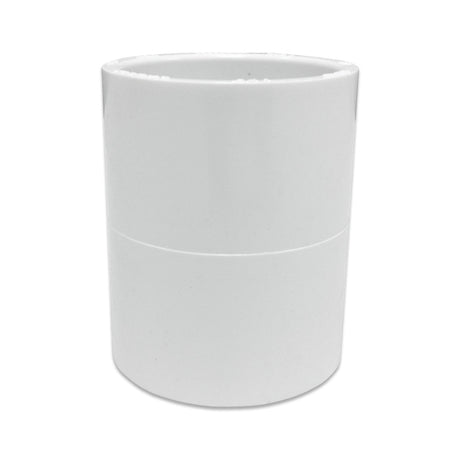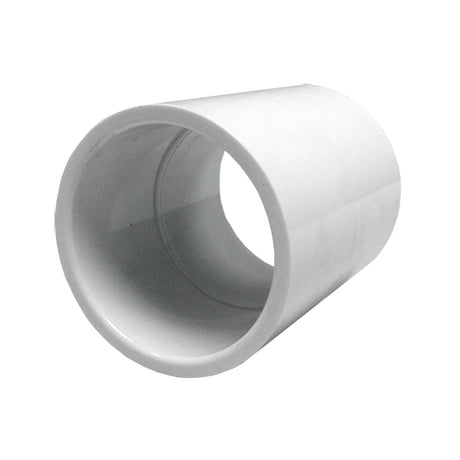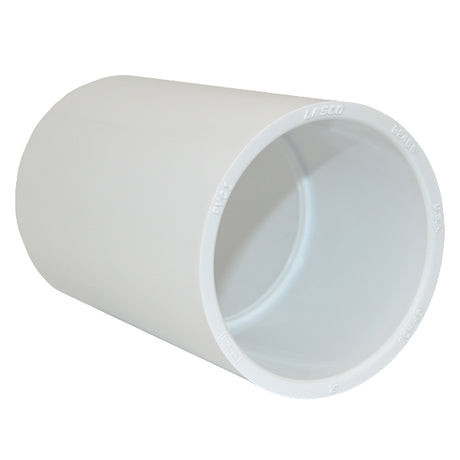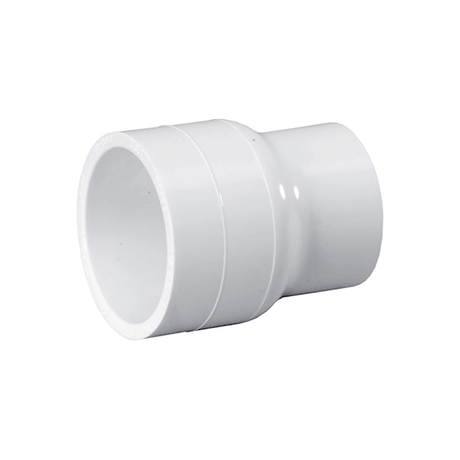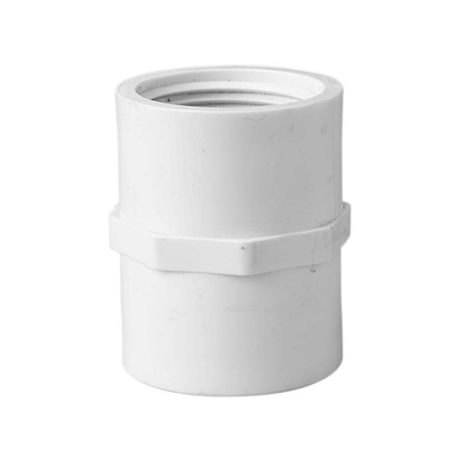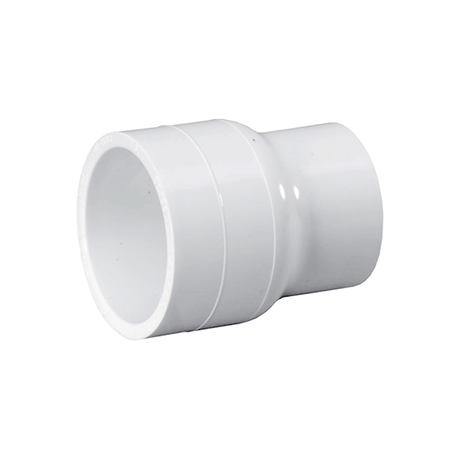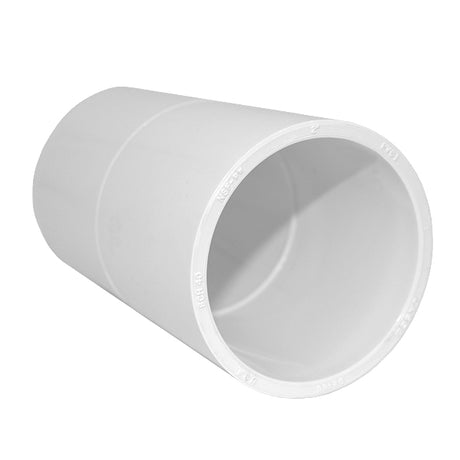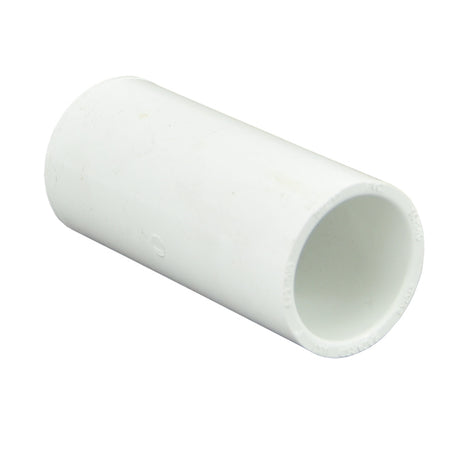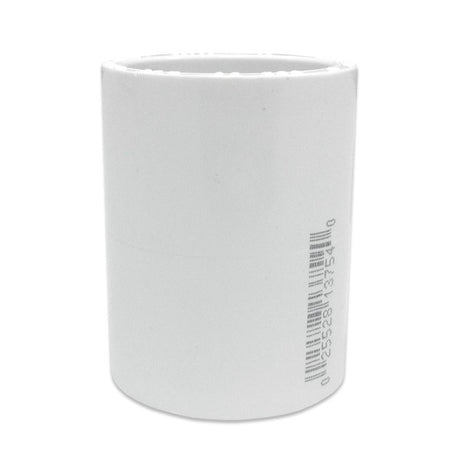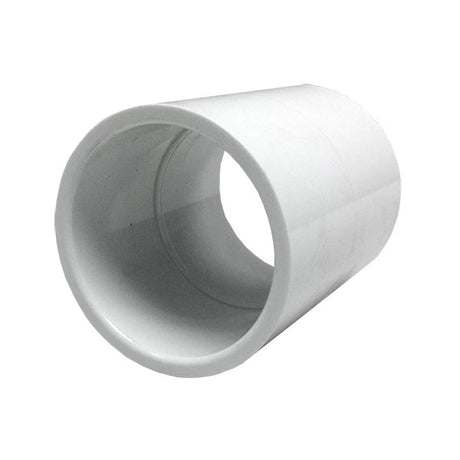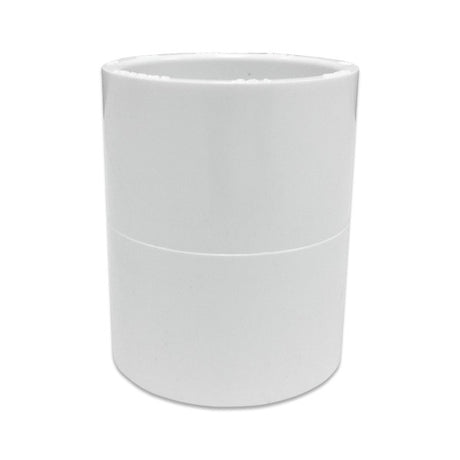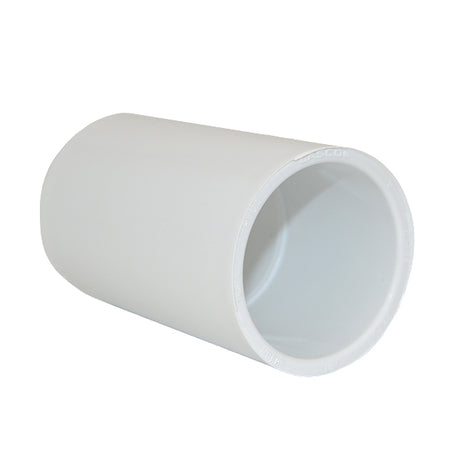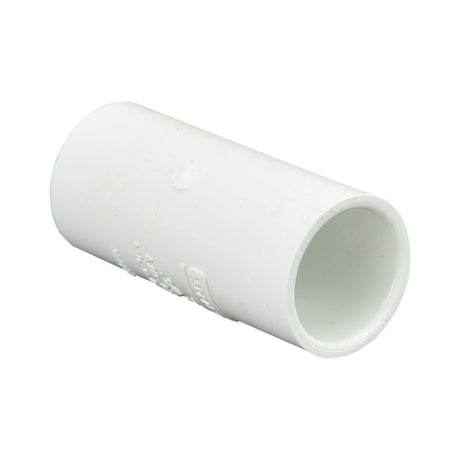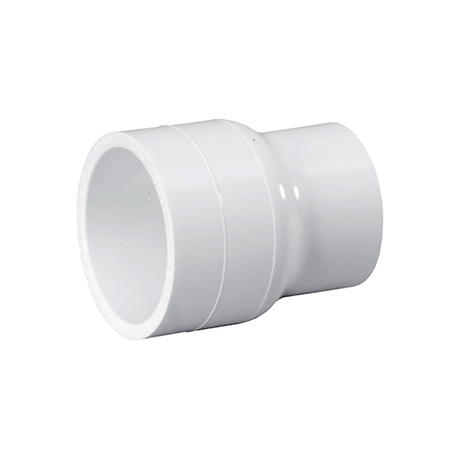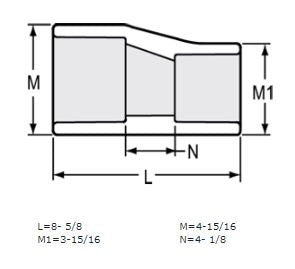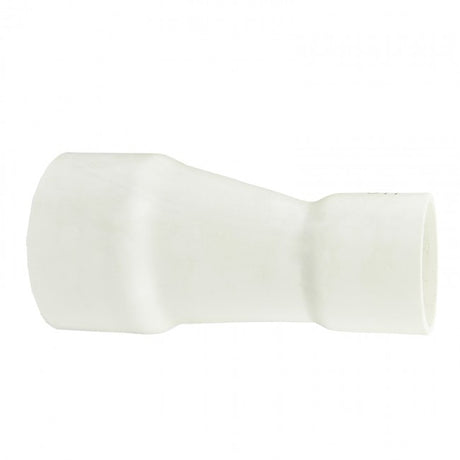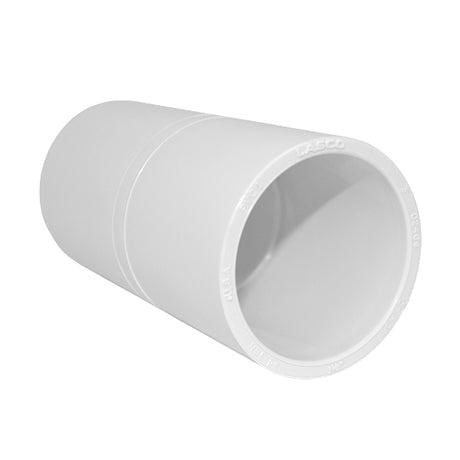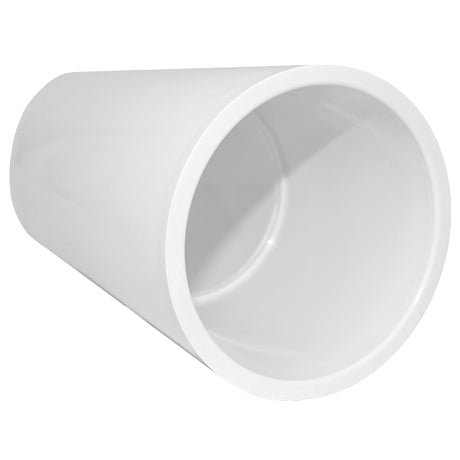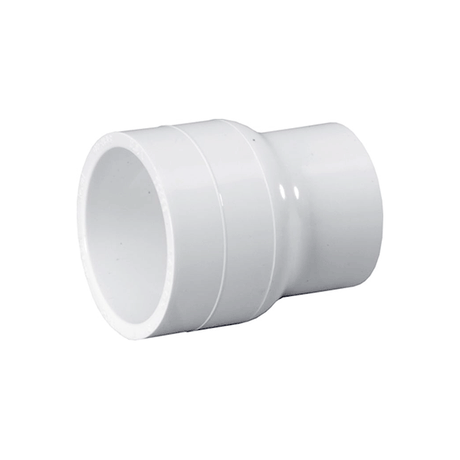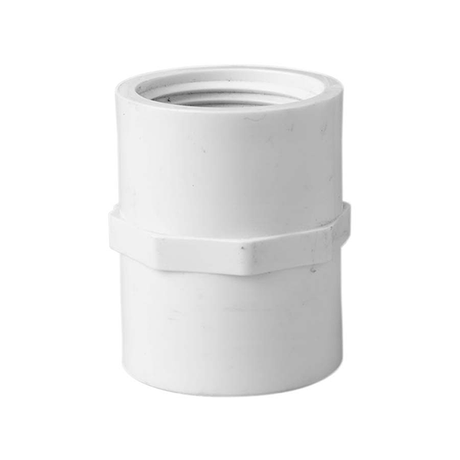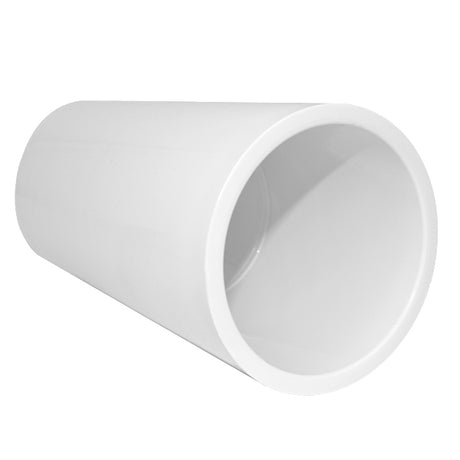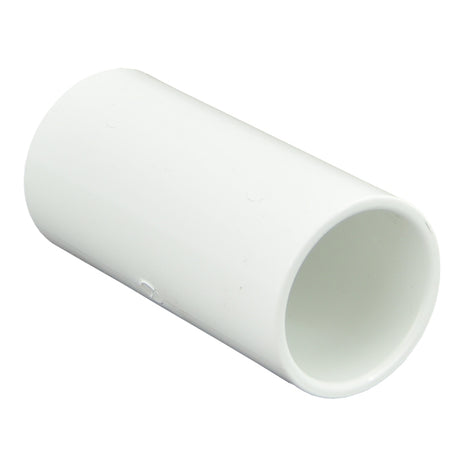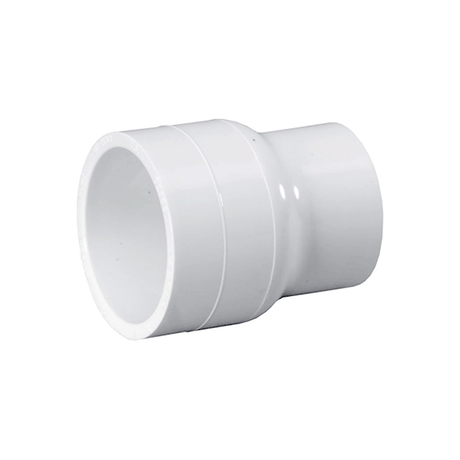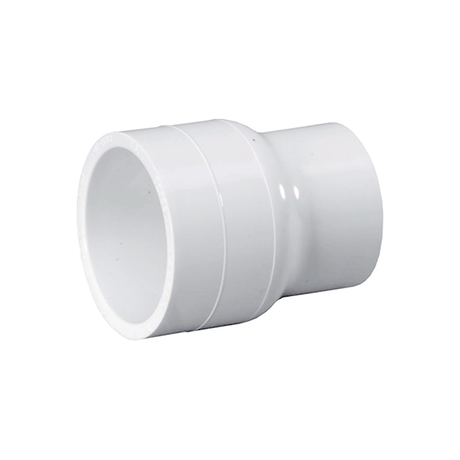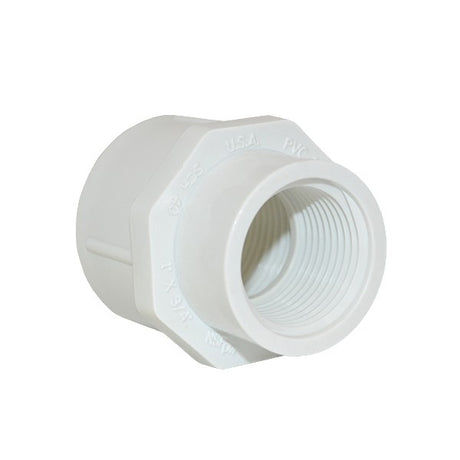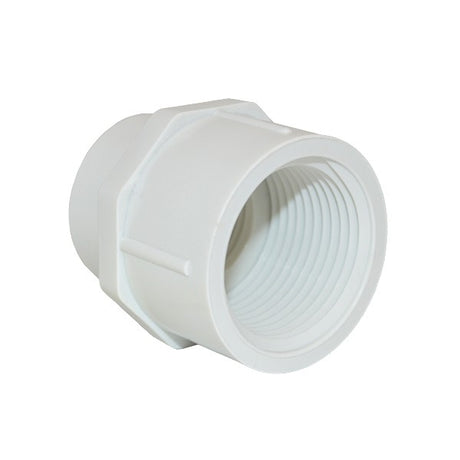-
2" Sch 40 PVC Coupling - Socket (429-020)
$1.26Unit price /Unavailable -
1-1/2" Sch 40 PVC Coupling - Socket (429-015)
$0.80Unit price /Unavailable -
1" Sch 40 PVC Coupling - Socket (429-010)
$0.60Unit price /Unavailable -
1-1/2" x 1" Sch 40 PVC Reducer Coupling Soc 429-211
$2.99Unit price /Unavailable -
2-1/2" Sch 40 PVC Coupling - Socket (429-025)
$2.85Unit price /Unavailable -
2-1/2" x 2" Schedule 40 (S x S) 429-292
$5.72Unit price /Unavailable -
3/4" Sch 40 PVC Coupling - Socket (429-007)
$0.37Unit price /Unavailable -
3" Sch 40 PVC Coupling - Socket (429-030)
$4.44Unit price /Unavailable -
1-1/4" Sch 40 PVC Coupling - Socket (429-012)
$0.80Unit price /Unavailable -
2" x 1" Sch 40 PVC Reducer Coupling Soc 429-249
$4.44Unit price /Unavailable -
2" x 1-1/2" Schedule 40 Reducing Coupling (S x S) 429-251
$2.94Unit price /Unavailable -
1/2" Sch 40 PVC Coupling - Socket (429-005)
$0.25Unit price /Unavailable -
4" Sch 40 PVC Coupling - Socket (429-040)
$6.41Unit price /Unavailable -
1" x 3/4" Schedule 40 Reducing Coupling (S x S) 429-131
$1.03Unit price /Unavailable -
6" Sch 40 PVC Coupling - Socket (429-060)
$20.45Unit price /Unavailable -
1-1/4" x 1" Schedule 40 Reducing Coupling (S x S) 429-168
$1.73Unit price /Unavailable -
1-1/2" x 1-1/4" Schedule 40 Reducing Coupling (S x S) 429-212
$1.83Unit price /Unavailable -
5" Sch 40 PVC Coupling Soc 429-050
$11.83Unit price /Unavailable -
1-1/2" x 3/4" Sch 40 PVC Reducer Coupling Soc 429-210
$4.01Unit price /Unavailable -
2" x 1-1/4" Sch 40 PVC Reducer Coupling Soc 429-250
$4.01Unit price /Unavailable -
1" x 1/2" Sch 40 PVC Reducer Coupling Soc 429-130
$1.53Unit price /Unavailable -
3/4" x 1/2" Sch 40 Reducing Coupling (SxS) 429-101
$0.57Unit price /Unavailable -
1" Sch 40 PVC Nested Coupling - Socket (429-010N / 477-010)
$0.57Unit price /Unavailable -
3" x 2-1/2" Sch 40 PVC Reducer Coupling Soc 429-339
$14.04Unit price /Unavailable -
3/4" Sch 40 PVC Nested Coupling - Socket (429-007N / 477-007)
$0.37Unit price /Unavailable -
3/4" Schedule 40 PVC Coupling - FIPT X FIPT (430-007)
$0.85Unit price /Unavailable -
3" x 2" Schedule 40 Reducing Coupling (S x S) 429-338
$15.93Unit price /Unavailable -
1-1/4" x 3/4" Sch 40 PVC Reducer Coupling Soc 429-167
$2.90Unit price /Unavailable -
6" x 4" Schedule 40 Reducing Coupling - S x S 429-532
$26.21Unit price /Unavailable -
8" Sch 40 PVC Coupling - Socket (429-080)
$38.18Unit price /Unavailable -
2" Schedule 40 Long Socket Coupling Slip x Slip (428-020)
$2.30Unit price /Unavailable -
4" x 2" Sch 40 PVC Reducer Coupling Soc 429-420
$19.49Unit price /Unavailable -
1/2" Schedule 40 PVC Coupling - FIPT X FIPT (430-005)
$0.46Unit price /Unavailable -
2" x 3/4" Sch 40 PVC Reducer Coupling Soc 429-248
$4.22Unit price /Unavailable -
2" Schedule 40 Deep Socket Coupling Slip x Slip (482-020 / 479-020)
$3.56Unit price /Unavailable -
1" Sch 40 PVC Deep Socket Coupling Soc 479-010
$1.69Unit price /Unavailable -
1/2" Sch 40 PVC Nested Coupling - Socket (429-005N / 477-005)
$0.25Unit price /Unavailable -
1-1/2" Schedule 40 Long Socket Coupling Slip x Slip (428-015)
$1.83Unit price /Unavailable -
3/4" Sch 40 PVC Deep Socket Coupling Soc 479-007
$1.22Unit price /Unavailable -
2-1/2" x 1-1/2" Schedule 40 (S x S) 429-291
$8.78Unit price /Unavailable -
4" x 3" Sch 40 PVC Eccentric Reducer Coupling Soc 429-422FE (Fabricated Fitting)
$56.54Unit price /Unavailable -
1-1/2" Schedule 40 Deep Socket Coupling Slip x Slip (482-015 / 479-015)
$2.13Unit price /Unavailable -
3" Schedule 40 Deep Socket Coupling Slip x Slip (482-030 / 479-030)
$6.83Unit price /Unavailable -
4" x 3" Schedule 40 Reducing Coupling (S x S) 429-422
$19.94Unit price /Unavailable -
1" Schedule 40 PVC Coupling - FIPT X FIPT (430-010)
$1.16Unit price /Unavailable -
2-1/2" Schedule 40 Deep Socket Coupling Slip x Slip (482-025 / 479-025)
$4.50Unit price /Unavailable -
1-1/4" Sch 40 PVC Deep Socket Coupling Soc 479-012
$2.34Unit price /Unavailable -
1-1/4" x 1/2" Sch 40 PVC Reducer Coupling Soc 429-166
$2.90Unit price /Unavailable -
3" x 1" Sch 40 PVC Reducer Coupling Soc 429-335
$18.64Unit price /Unavailable -
3/4" x 1/2" Sch 40 PVC Reducer Coupling Fipt 430-101
$1.17Unit price /Unavailable

